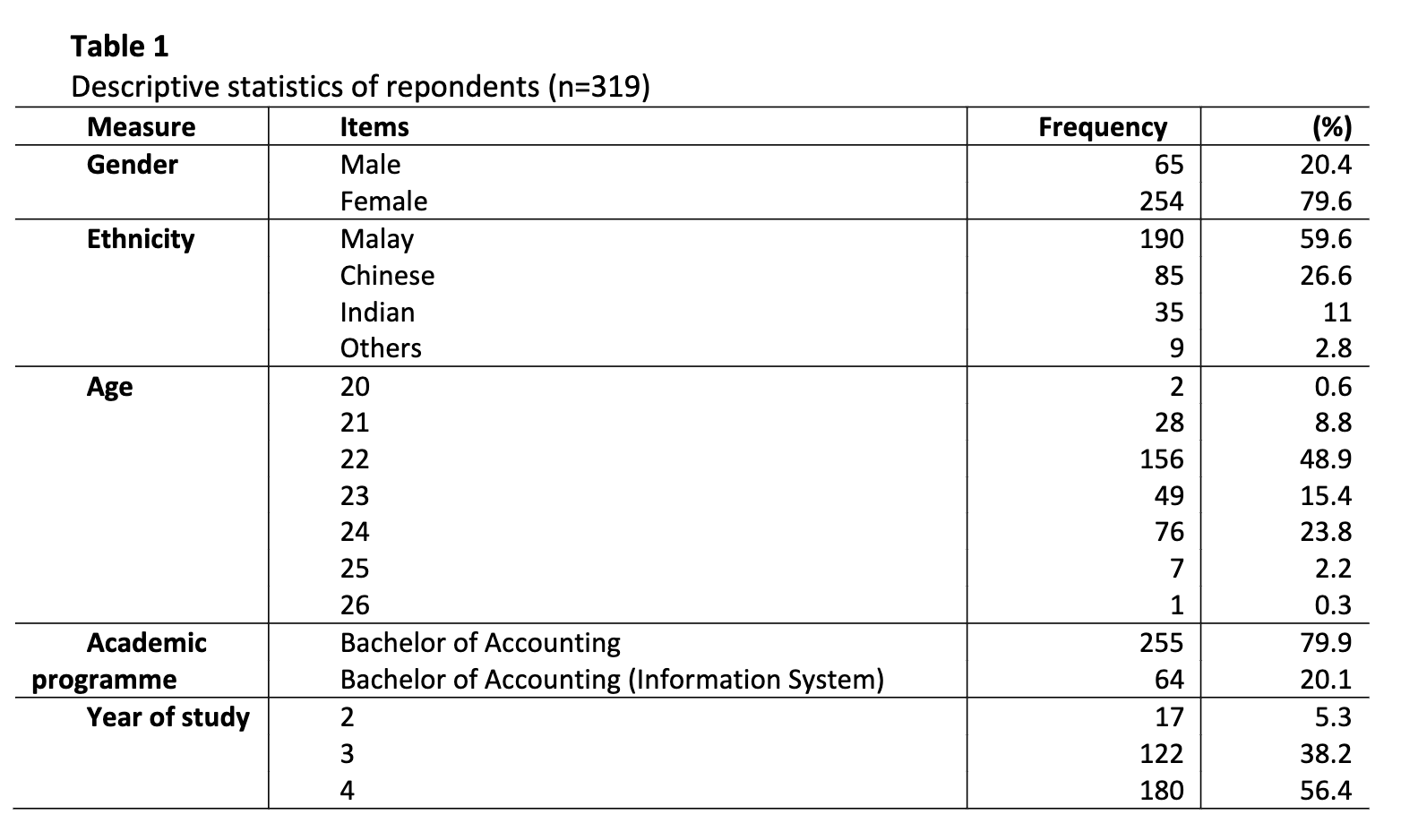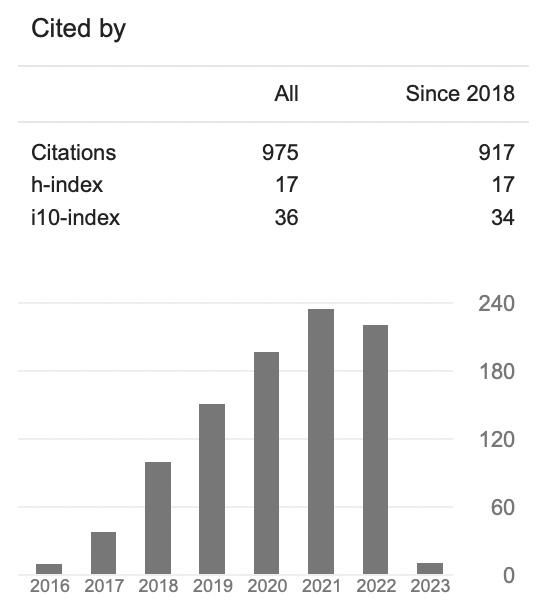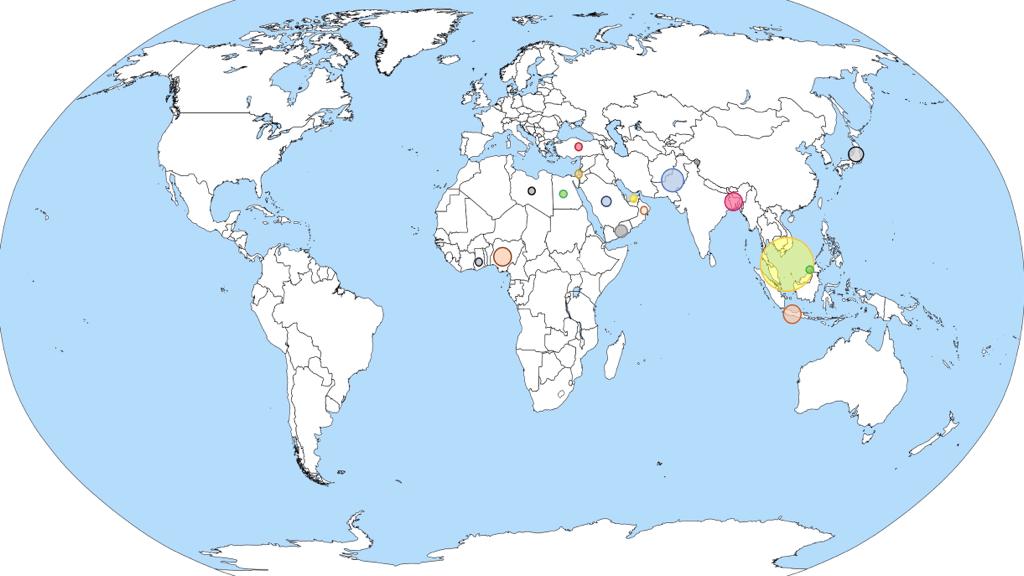Temptation and Unethical Activities: A Study on Malaysian Students’ Behaviour
DOI:
https://doi.org/10.37934/arbms.19.1.1528Keywords:
temptation, unethical activity, accounting, demographic, academicAbstract
This study compares the differences among students on the influence of temptation and the acts of misconduct that they might commit. Several students’ characteristics were employed to examine the differences in terms of the possibility of the students to commit unethical activities. A three-section questionnaire was distributed to students from October 2019 to November 2019. A total of 319 accounting students from Universiti Utara Malaysia (UUM) were involved in this study. For data analysis, descriptive and comparative analyses were utilised. The comparative analysis looked into the differences in terms of demographic (gender and ethnicity) and academic (year of study and academic programme) factors. The descriptive analysis reveals that there is a possibility of students being involved in an unethical behaviour when they are tempted and the intention to be involved in that behaviour is generally low. Based on the comparative analysis, this study reveals that the most significant difference arises for the demographic factor, i.e., gender. The comparative analysis for academic programmes reveals there are not many significant differences among students in the case of becoming involved in an unethical activity when tempted and intention to commit unethical behaviour. The results may give some insights to relevant authorities, such as the Ministry of Education, regulators, business owners and the public at large, on current students’ intentions and behaviour. It might be useful to the relevant authorities to start thinking of and developing appropriate fraud prevention mechanisms.

















